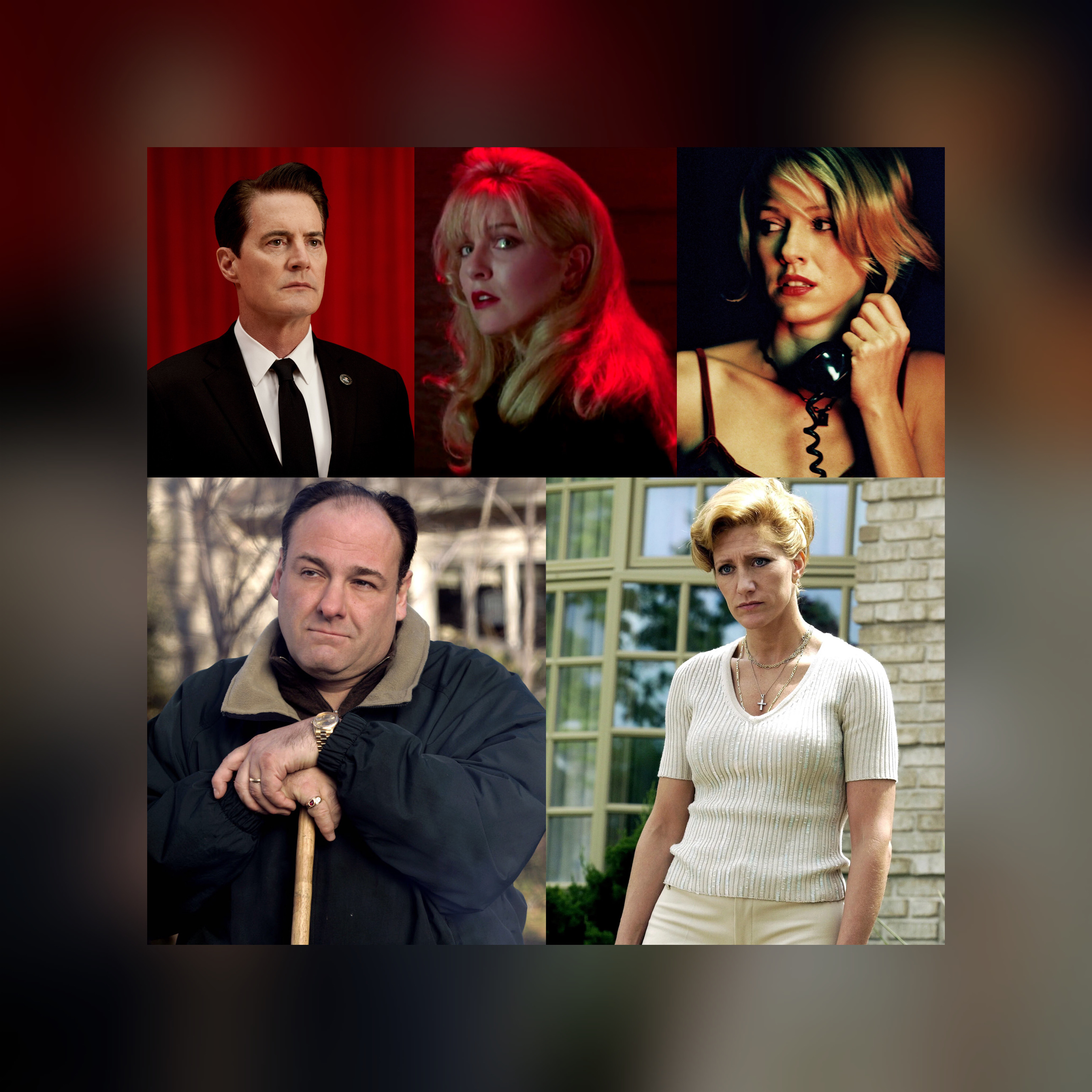Once Upon a Time in the West: Leone’s Deconstruction of the Western
- Aran Donnelly
- Mar 26, 2022
- 3 min read
Updated: Feb 16, 2023

Reviews by:
@tvnerdaran
RATE THIS MOVIE
6
5
4
3
Sergio Leone’s “Once Upon a Time in the West” is easily one of my favourite films of all time. Like his other magnum opus “Once Upon a Time in America”, it is a sprawling, operatic historical epic about love, revenge and betrayal that closely examines the inherent greed and violence deeply ingrained in the American identity. It is also a scathing historical and socio-political commentary on capitalist exploitation with the subplot of Morton’s railroad, and a mournful examination of America’s western expansion/assimilationist policies in the mid 19th century.
“Once Upon a Time in the West” revolves around four central characters; Harmonica (played by Charles Bronson), a mysterious gunman with a secret personal vendetta against the main antagonist Frank (played against type by the normally heroic Henry Fonda); Jill McBain (played by Claudia Cardinale), a beautiful young woman who arrives only to find her new family slaughtered and their land being confiscated; and Cheyenne (played by Jason Robards), a charming and roguish bandit who helps Harmonica and Jill in their crusade against Frank. The film gives a distinct theme identifying each of the four main characters, with Ennio Morricone’s sweeping, majestic score successfully capturing the operatic aesthetic that this film aims to achieve.
Like “Once Upon a Time in America”, and many of Leone’s other works, the cinematography and camerawork is absolutely sumptuous, carefully juxtaposing sweeping landscapes and gorgeous scenery against the brutal violence committed by its characters. The film, also like much of Leone’s other works, is very sparse on dialogue, instead allowing for Morricone’s score, the sweeping cinematography, and the character’s facial expressions to do all the talking. Leone manages to simultaneously be a visual poet without coming across as pretentious while also engaging the audience with an enticing narrative.
Leone also offers a subtle but scathing critique of America’s western expansion, as shown through Morton’s railroad and the exploitation of its workers, as well as the horrific cruelty and sadism of Morton’s top enforcer Frank. The film shows how the greed of the upper-class Morton and the sadistic actions of the mercenary Frank ravage a small town in Utah through the mass exploitation of the town’s workers, and the murderous mayhem that Frank subjects an innocent family to at the beginning of the film. Through Frank’s malicious actions and Morton’s greed, Leone subtly showcases the greed, violence and corruption prevalent in American society as the film’s female protagonist Jill McBain suffers the loss of her newlywed husband‘s family through Morton’s greed and Frank’s murderous sadism. Against the backdrop of Leone’s anti-capitalist critique lies a simpler revenge story of the nameless Harmonica who seeks vengeance against Frank for the death of his older brother when he was a young man.
Leone also offers very subtle racial commentary as much of the railroad’s exploited workforce consists of both Native Americans and African-Americans, subtly hinting at the racism present in the Old West, and deconstructing the racist depictions of African and Native Americans in the films of John Ford and John Wayne. The film is Leone’s ultimate statement against westward expansion and American exceptionalism.
Frank represents the film’s embodiment of evil, murdering innocent people in pursuit of both his insatiable greed and bloodthirsty sadism, and Harmonica, who bears a strong Native American appearance, is the film’s anti-hero who eventually murders Frank and rids the town of Frank’s morbid influence, marking a rare instance of a Native American character being the heroic protagonist in a mainstream Western. The film also shows a somewhat positive female character in Jill, who fights off Frank and his men and who manages to maintain her husband’s land through sheer will and determinism. She is by far the greatest and most well-written female character to ever appear in a Sergio Leone film.
Through all of this, Leone single-handedly deconstructs all of the regressive tropes of the American Western, and instead offers a sprawling statement on the inherent greed, violence and corruption deeply ingrained in the American soul, as well as the ensuing birth of the modern world. It is by far the most political of all of Leone’s films, and one of his very best.
By @tvnerdaran
RATE THIS REVIEW
6
5
4
3











Comments